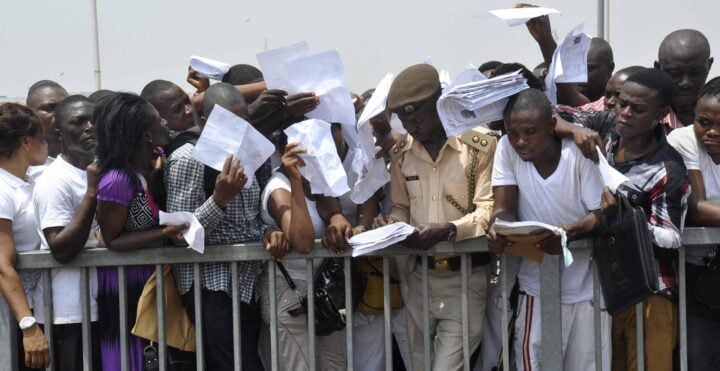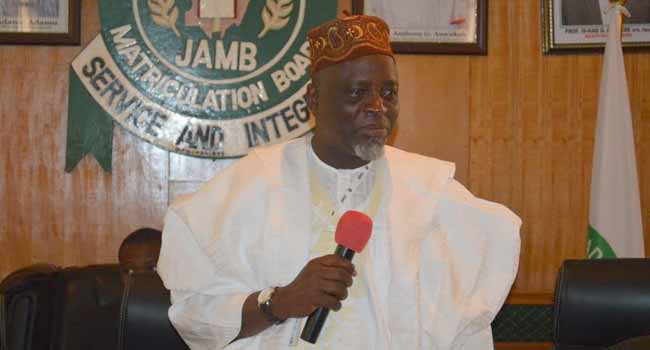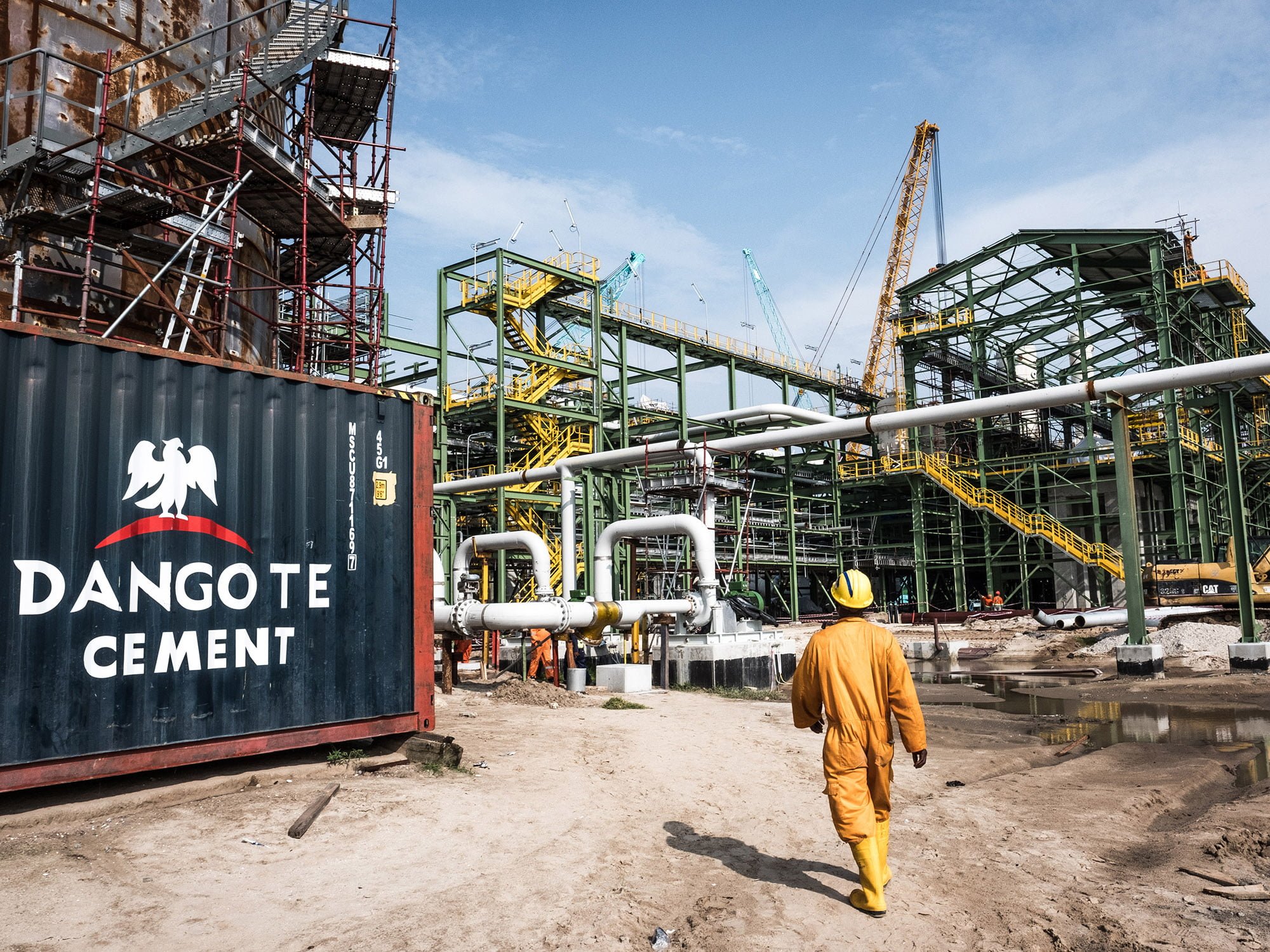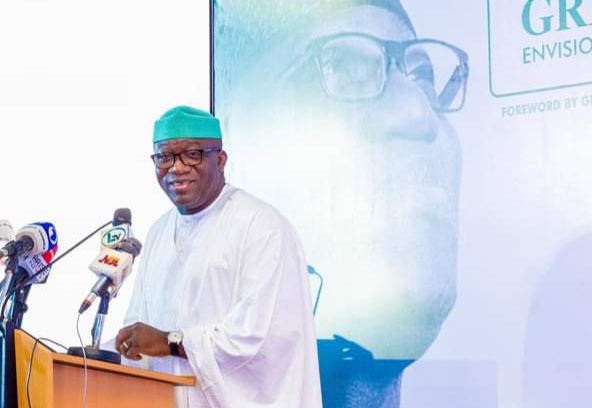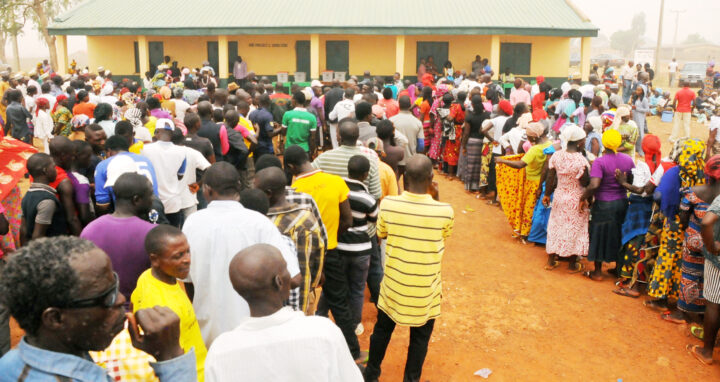BY WEALTH DICKSON OMINABO
Communications strategists have, for many years, argued that politics is a battle of wit and sophistry. Some posit that an individual’s ability to convince their audience determines his political fortunes because, as Mao Zedong opines, politics is without bloodshed. This is perhaps why political communication and influencer marketing has become an enterprise and a big business in recent times.
Across the world, politicians invest huge sums of money in political communications to win citizens’ hearts and minds because of the role communications play in political contests. In a democracy, where freedom of choice is enshrined as a democratic right, great emphasis is placed on persuasion instead of coercion in everyday governance. Contrary to what is obtainable in an authoritarian regime where government policies are reached through degrees and edicts, legitimacy is obtained through might and the barrel of the gun.
Due to the important role that communications hold in a democracy, especially during elections, political actors deploy mischief tactics, such as propaganda and disinformation, to gain legitimacy. These tactics have a severe effect on the fate of democracy and negatively impact the election’s outcomes. The post-truth era has heralded the rationalization and normalization of disinformation and propaganda as new strands of communication and features in modern-day politicking. Overtly or covertly, many leaders across the world procure the services of experts to engage in acts of disinformation. The fascination with disinformation as a new political tool has created a new strand of crisis for democracy. This is a major threat to peace and the sustenance of democracy in many nations.
Advertisement
Former president of Nigeria, Goodluck Ebele Jonathan, during a recent peace dialogue organised by the Goodluck Jonathan Foundation, tagged ‘Nation building, the role of election in a multi-ethnic context’, underscored the danger that fake news and other disinformation tactics pose to our democracy.
He said: “We must discourage this issue of hate speech and propaganda that is going on. Before now, we were afraid of guns as a threat to democracy. Today, the greatest threat to our democracy is hate speech, fake news, and propaganda. Anybody who is an advocate in this is a threat to democracy like the gun”.
Jonathan’s comment aptly captures the contemporary challenges of democracy across the world. In Nigeria, ahead of the 2023 election, many political supporters are deploying fake news and hate speech as political weapons. Social media has become a war theatre where supporters of different candidates engage in a bitter and unhealthy assault. This poses a major threat to the nation’s peace, unity, and democratic process. The weaponization of lies and the negative profiling and stereotyping of candidates and their supporters are a threat that could affect the outcomes of next year’s election.
Advertisement
“A 2017 report on internet freedom by Freedom House concluded that “online manipulation and disinformation tactics played an important role in elections in at least 18 countries over the past year… [contributing] to a seventh consecutive year of an overall decline in internet freedom.”
Disinformation creates a crisis of hope and faith in citizens; it could easily result in post-election violence, and supporters of political parties could rely on fake news to discredit the outcome of a legitimate and transparent election, even when there is no basis for protest.
Peter Pomerantsev, in his book ‘Nothing is True and Everything is Possible’, posits that. “disinformation seeks to make the truth unknowable and undermine public trust in the possibility of an established set of facts. With nothing certain, voters cannot have confidence in elections, the functioning of government, or the importance of their role in the democratic process”.
As we approach the 2023 election, political actors and democratic stakeholders, especially media professionals, must rise to the responsibility of safeguarding Nigeria’s peace and the democratic process through effective gatekeeping, censorship, fact-checking, and other editorial means. Democracy is about freedom of thought, choice, and access to information and truth. Political debates and election rhetoric should be premised on truth and facts. Citizens should be able to interrogate their leaders without blackmail and harassment. Politicians should be circumspect with their utterances and prioritize the unity and peace of Nigeria. This campaign should be a debate of ideas and issues and not a season of anomie.
Advertisement
Media owners should be wary of yielding their platforms to merchants of lies and hate and must reject paid contents that fall short of ethical standards. This, they must do in the interest of nation-building. It is usual for media entrepreneurs to compromise their editorial standards for pecuniary gains and political factors during the election season. However, they must be reminded that the primary objective of journalism is public service. In moments like this, editors must clearly distinguish news content from public relations and advertorial materials for objectivity and fairness.
Disinformation threatens our democracy; it erodes democratic norms and values and impedes citizens’ rights to know and freedom of speech. This is why all citizens must see themselves as stakeholders in the vanguard of promoting truth and peaceful debates during this campaign period and beyond.
Ominabo is the communications officer at the Goodluck Jonathan Foundation
Advertisement
Views expressed by contributors are strictly personal and not of TheCable.

